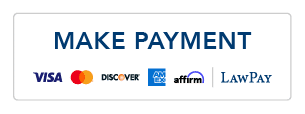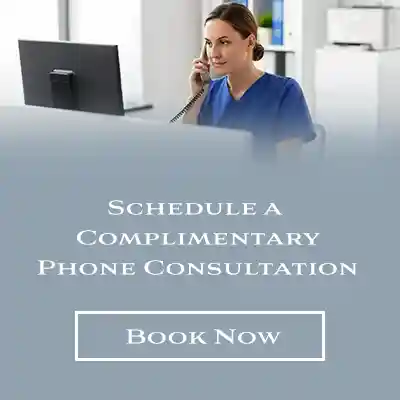The Professionals Resource Network (PRN) and the Intervention Project for Nurses (IPN) are the two impaired practitioner programs that serve as consultants to the Florida Department of Health (DOH). Their purpose is to protect the health, safety, and welfare of the public from health care practitioners who are impaired by substance abuse or psychiatric conditions. IPN is for nurses, and PRN is for all other health care professionals.
Practitioners are frequently referred to PRN or IPN by employers, co-workers, competitors, teachers, etc. Many are told to report to these programs to avoid receiving a complaint against their license. But what many do not know is that if you contact PRN or IPN, the first thing these programs will do is have you agree to refrain from practice. You will have to stop working while you await an evaluation to determine if you are safe to practice your profession. Nine times out of ten these evaluations result in the individual being recommended to sign a monitoring contract. By signing a monitoring contact, you are agreeing to random drug screening, attendance at 12-step program meetings, attendance at group support meetings, regular psychotherapy/counseling, narcotic access restrictions, and prescribing restrictions among other terms.
Once you get the ball rolling with PRN or IPN it can be a difficult thing to stop. For example, if you decide to start working again after you have refrained from practice, PRN or IPN will close your file and report you to DOH. The same is true if you fail to submit to an evaluation, fail to follow through with the evaluator’s recommendations, or fail at any point to comply with all of the terms of your monitoring contract.
That is why it is always in your best interest to consult with an attorney before contacting PRN or IPN. For health care practitioners who have addiction issues or impairing psychiatric conditions, these programs can help save a person’s license. But they cast a wide net. Many people get referred to these programs everyday who do not have an impairment issue. A skilled health care attorney can help you decide if it’s in your interest to contact PRN or IPN, or if you are better off risking a complaint with DOH. If you have been instructed to contact PRN or IPN feel free to schedule a free consultation with Lauren.



